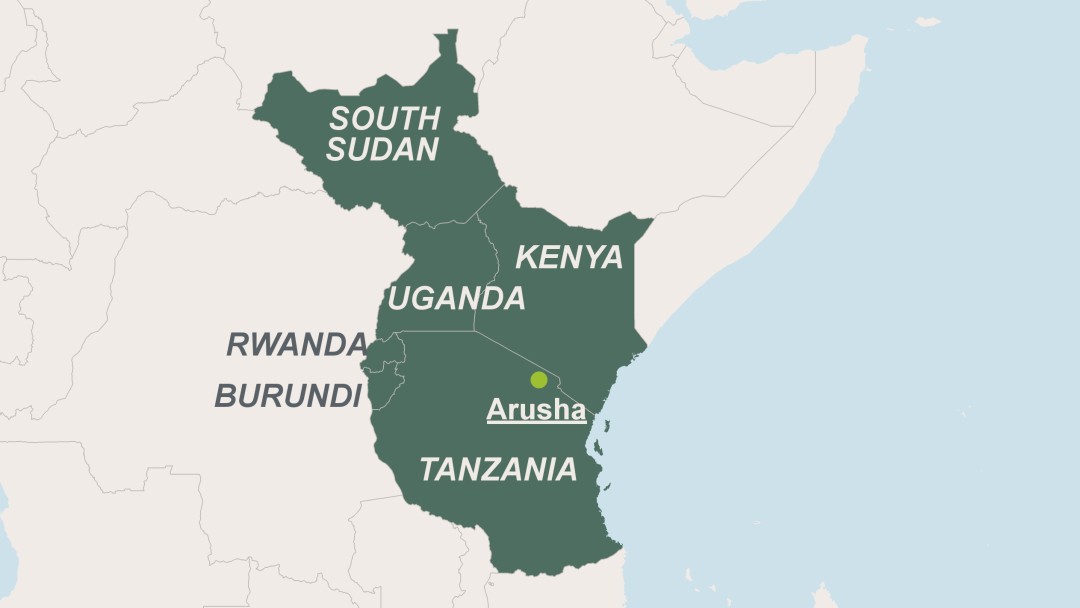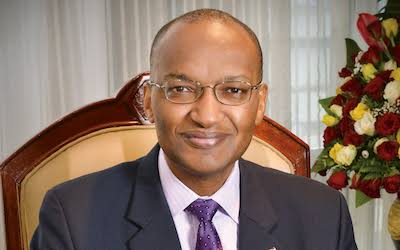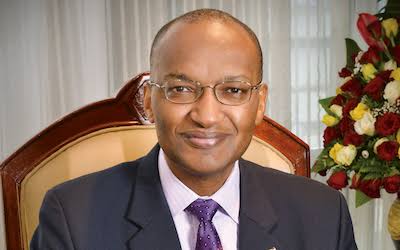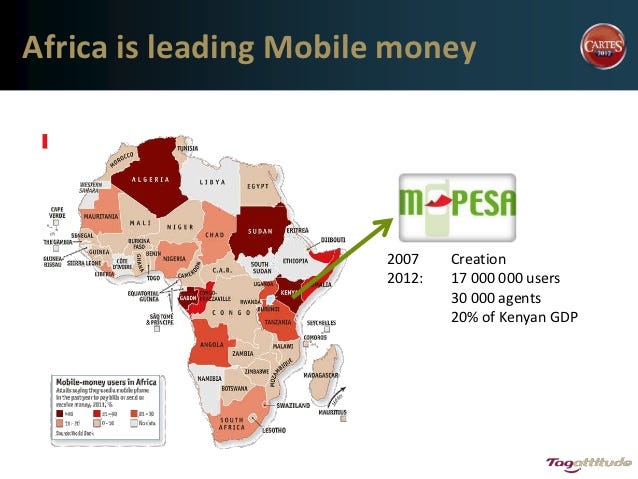Growing Mobile Money in Africa Driven by Startup “Unicorns”
A new report shows that Africa’s growing adoption of mobile money is driven by the number of emerging “unicorns” in the continent. This is according to a recent GSMA report which reveals that there are 1.2 billion registered global mobile money accounts. 560-million of these registered accounts are in Africa. The GSMA, which represents several mobile network firms, states that “Sub-Saharan Africa has been at the forefront of the mobile money industry for over a decade, and in 2020 continued to account for the majority of growth.”

FinTech Unicorns Running Wild in Africa
Now, five African fintech startups, Flutterwave, ChipperCash, Interswitch, Paga and OPay are now being identified as “unicorns” by investors, the business media and analysts following the surge of mobile payments.
Flutterwave achieved a valuation of $1-billion in March 2021 after closing a funding round of $170-million. Meanwhile, Chipper Cash received an investment of $100-million in June 2021 from Jeff Bezos’ personal venture capital fund.
Read also:Bank of Uganda Launches Regulatory Sandbox Regime For Fintech Startups
Interswitch, Paga and OPay also received recent investments that valued them at over $1-billion earning them the name of the mythical horned beast that is the moniker of such unusually large valuations.
Convenience, security and trust are fuelling the seismic wave of mobile transactions together with the pervasive penetration of affordable mobile feature phones on the continent. Cash used to be king in Africa but handling and banking money have become riskier, which is why traders, entrepreneurs and consumers alike are going mobile.
Analysts say that by 2025 the African mobile market is expected to have 850-million customers who drive waves of $2.5-trillion to $3-trillion in transaction volumes annually.
Affordable Smartphones Drive Growth
A key driver in the surge of mobile payments is the increasing affordability of mobile phones in Africa. A case in point is TECNO Mobile which is owned by TRANSSION and which knocked Korean giant Samsung off the top spot for handset sales in Africa in 2020.
Read also:Ukheshe Plans to Expand its Payment Solutions to Asia-Pacific
Counterpoint Research’s Market Monitor reveals that itel, a TRANSSION Holdings brand, owns the top position in the global and African feature phone market. According to Counterpoint, itel commands 23% of the global phone shipments market share.
TRANSSION believes that by recognising the importance of keeping costs down with its latest devices and by understanding the need of Africa’s youth population to have access to affordable phones that offer the same features as higher-end flagship models, TRANSSION has seen itel receive significant acclaim. In South Africa, smartphone penetration reached 91.2% in 2019, up from 81.7% in 2018.
Mobile phones are an indispensable part of people’s lives. Research shows that most people spend about five hours on their mobiles daily.
Today people are using affordable smartphones to do their banking and move their money safely and affordably. Services like sending and receiving money, buying goods and services online, paying taxes and school fees, buying airtime, taking out loans and even starting and running businesses (or running an e-commerce operation from social media like Facebook and Instagram) are all simplified through a connected mobile device.
Safety First
Cybercrime continues to boom in Africa, and worldwide. Now more than ever should users banking or moving money online keep safety at the forefront of their minds. With this, itel counsels new financial transactors to always be secure and safe. The company offers the following advice:
Only use a trusted mobile payment brand. itel suggests that you work with Flutterwave, ChipperCash, Interswitch, Paga or OPay because these mobile payment services are easy to use, secure, fast, and offer transparent pricing.
When you set up your preferred app, ensure you use the fingerprint, code or pin to protect yourself and your money should your smartphone ever get stolen. Always use two-step authentication, and biometrics if possible. Use the security features on your phone to protect yourself and to protect your money.
Kelechi Deca

Kelechi Deca has over two decades of media experience, he has traveled to over 77 countries reporting on multilateral development institutions, international business, trade, travels, culture, and diplomacy. He is also a petrol head with in-depth knowledge of automobiles and the auto industry





















